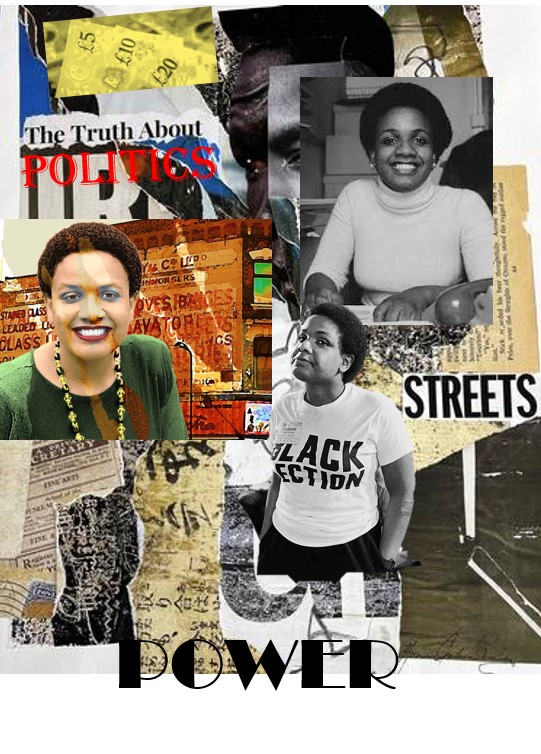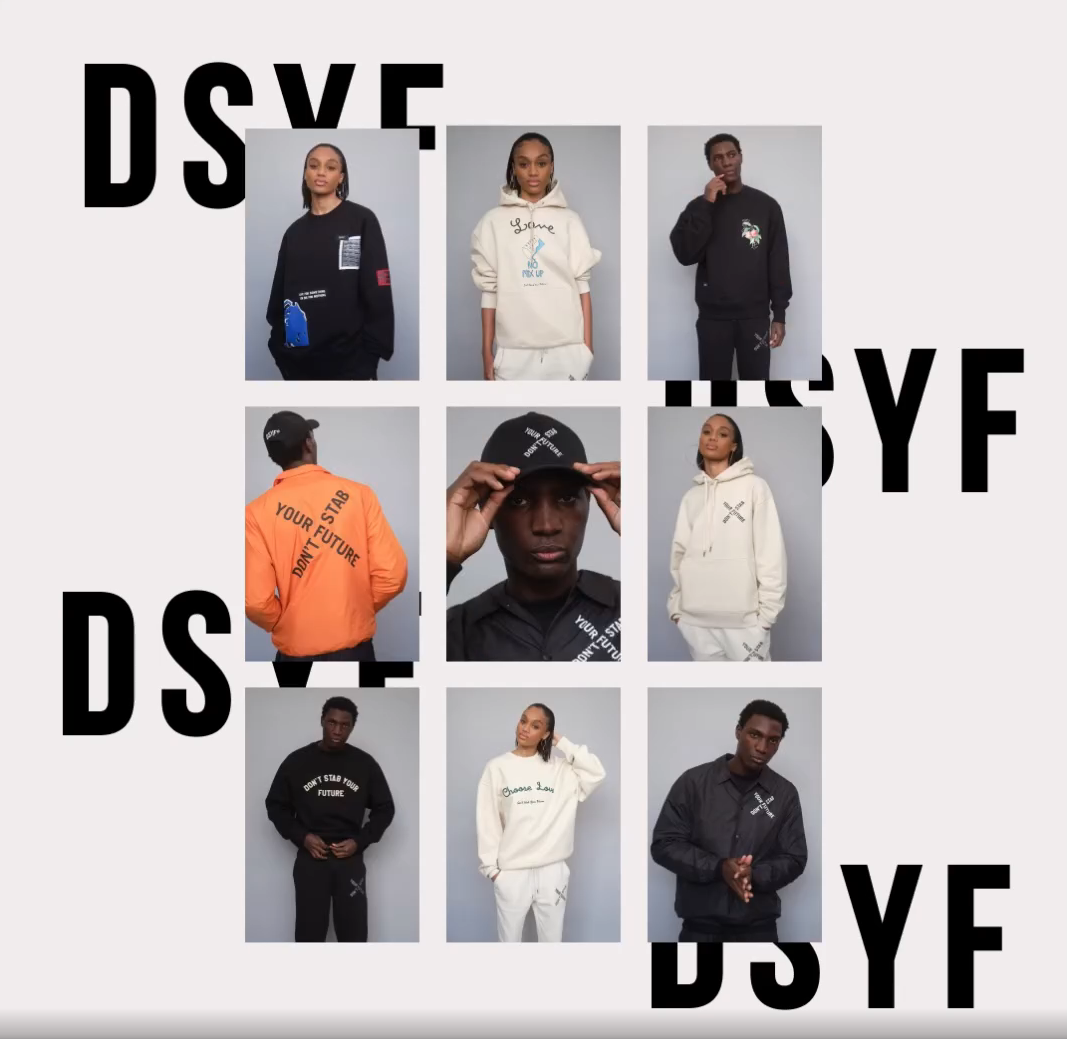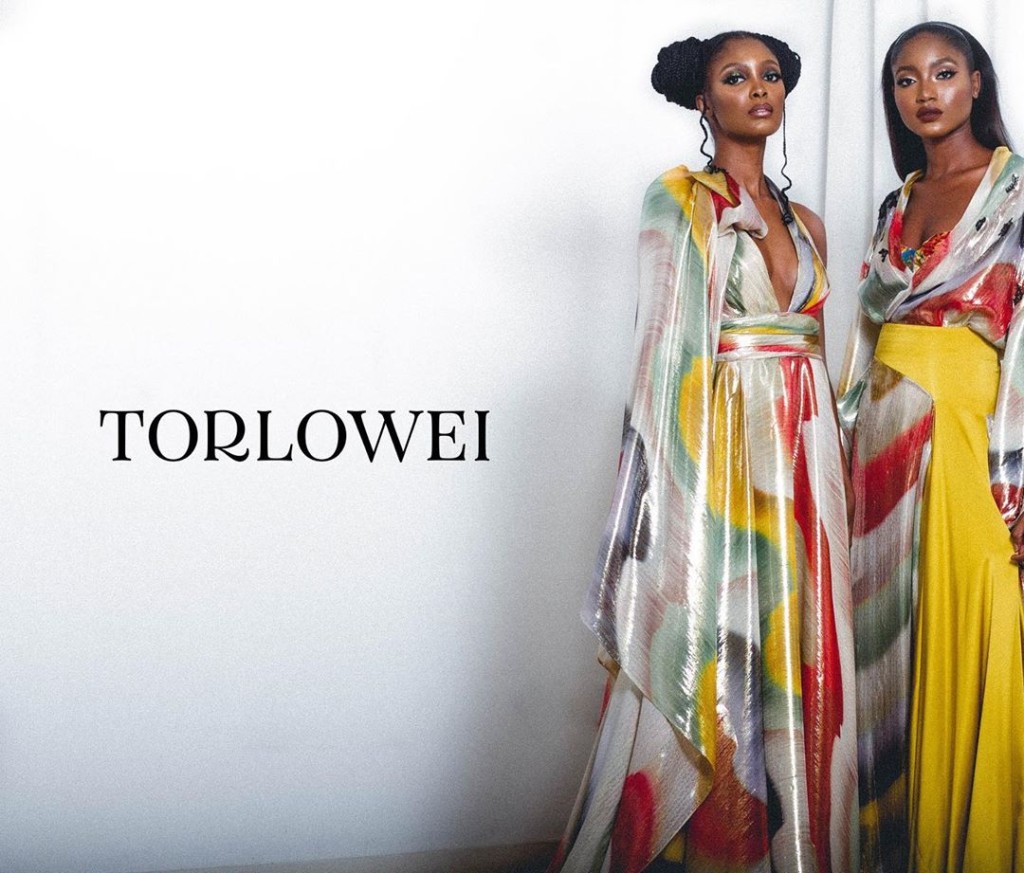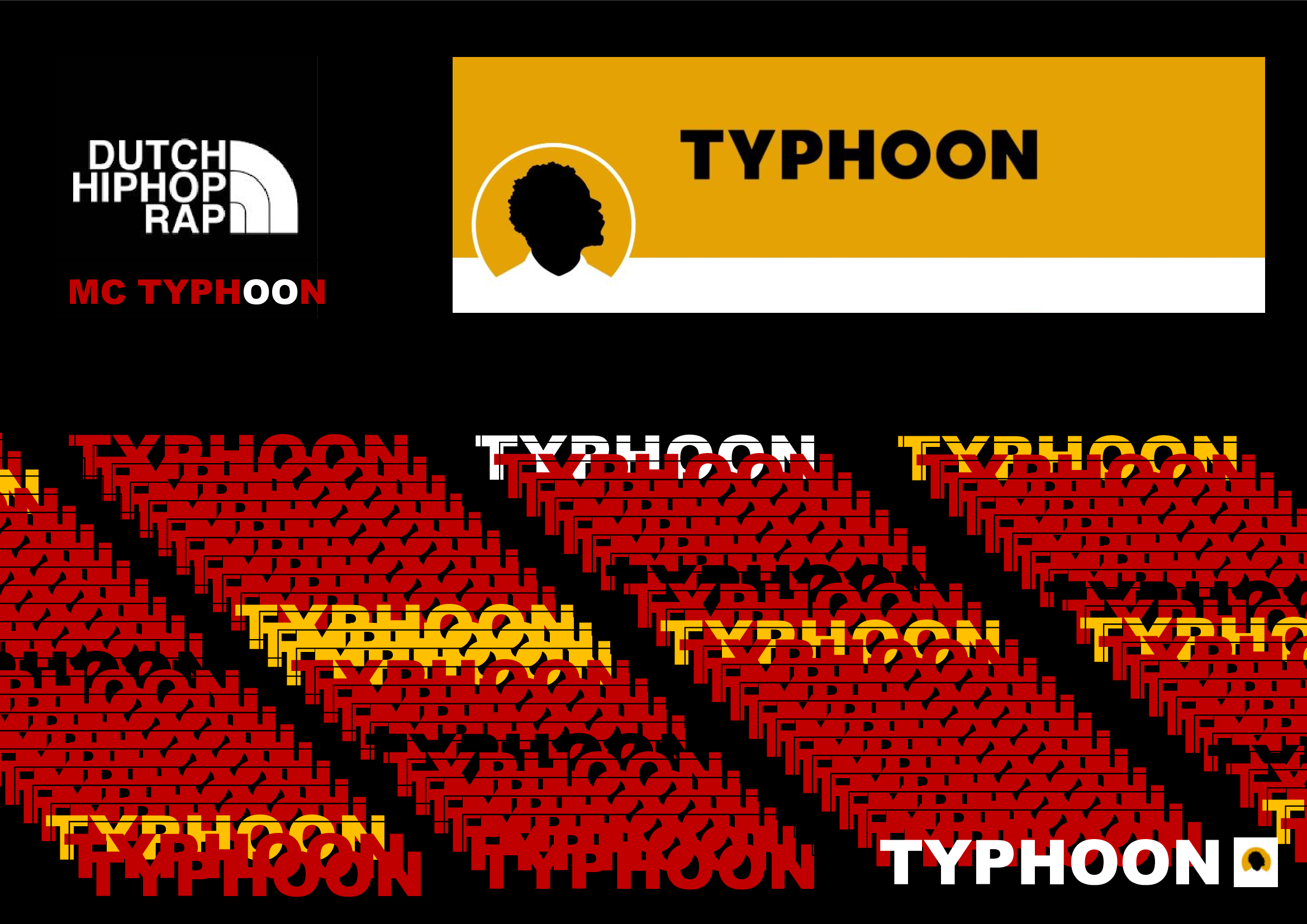-
AutoreMessaggi
-
-
Patriarchy, sexism,
and the politics of
representation:

In light of the unashamed misogynoir rocking British politics, and the further silencing of Diane Abbott [MP], who is one of the UK’s prominent politicians, and first elected to Parliament for the Labour Party in 1987, it is important to explore the intersection of patriarchy, sexism, and the politics of representation.
Sfondo:
According to A. Philip Randolph, “Freedom is never given; it is won.”
Patriarchy, as a system of societal organization, perpetuates gender-based hierarchies and power differentials, often resulting in the marginalization and oppression of women and Black women. Sexism, deeply rooted in patriarchal structures, manifests in various forms, including institutional discrimination, cultural norms, and interpersonal behaviours. The politics of representation further exacerbates these issues by shaping narratives and images that reinforce existing power structures.
These have long been central concerns in feminist discourse, highlighting the pervasive ways in which gender-based inequalities are entrenched in social, political, and cultural systems. The politics of representation play a crucial role in reinforcing or challenging these inequalities by shaping perceptions, attitudes, and opportunities for diverse gender identities.
Politics of Representation:
Feminism has been a transformative force in challenging patriarchal norms and advocating for gender equality, in the UK and across the globe. Emerging from various historical and cultural contexts, feminist movements have sought to address systemic injustices and inequalities that perpetuate the marginalization and oppression of women. Central to feminist theory and activism is the recognition that gender is not just a biological fact but a socially constructed category that intersects with other forms of identity and power dynamics.
One of the key battlegrounds in the struggle for gender equality is the realm of representation. Representation refers to the ways in which individuals, groups, and social phenomena are depicted and portrayed in various mediums, including media, politics, literature, art, and culture. Within these domains, representations of women have often been limited, stereotypical, and objectifying, reflecting and reinforcing dominant ideologies that prioritize male experiences and perspectives.
The politics of representation encompasses the power dynamics involved in the production, dissemination, and reception of these representations. It involves questions of who gets to speak, be seen, and shape the narrative, as well as whose voices and experiences are marginalized or erased. Feminist scholars and activists have long critiqued the ways in which women are depicted in media as passive objects of male desire, in politics as subordinate to male authority, and in culture as conforming to narrow and restrictive gender roles.
Moreover, the politics of representation intersects with other axes of oppression, such as race, class, sexuality, and disability, resulting in compounded forms of marginalization for women who occupy multiple marginalized identities. Intersectional feminism emphasizes the importance of considering these intersecting dimensions of identity and power in analyzing representations of women and in advocating for more inclusive and equitable portrayals.
Agency and Empowerment:
Feminist perspectives on representation foreground the importance of agency and empowerment in challenging oppressive representations. Rather than passive objects of representation, it emphasizes the agency of women as active participants in shaping their own narratives and identities, challenging dominant representations of women through various forms of intervention and resistance, as multifaceted individuals with desires, ambitions, and the capacities to subvert dominant norms and bring about change.
Women representation in elected offices and leadership positions therefore provides a platform for creating counter-narratives, centering intersectional perspectives, the opportunity to be seen, heard and fostering a participatory culture.
Participation, and representation, particularly for marginalised communities plays a crucial role in the construction of gendered identities particularly for young children; self-concepts and internalization of stereotypes, influencing aspirations and opportunities.
Finally, in shifting deeply imbedded gendered ideologies, and power dynamics, women’s political representation shouldn’t be only about numbers, but also about affirming equal representation, community-based organizing, meaningful participation, allyship and empowerment of women in decision-making processes. And moreso now, than ever – emphasizing the increased urgency and importance that this current situation demands!
-
Pezzo scritto molto perspicace @SUCULTURA.
Achieving gender-inclusive governance and transformative politics requires a multi-faceted approach that removes cultural barriers to women’s political participation, representation and leadership; challenges oppressive representation, addresses legal, policy, and institutional norms, and envisions more inclusive and equitable cultural landscapes.
J.
-
@SUCULTURA Sono pienamente d'accordo.
Gender-inclusive governance entails ensuring that policies and decision-making processes are responsive to the needs and priorities of women and marginalized groups. Gender mainstreaming, gender-responsive budgeting, and intersectional policy analysis are some of the approaches used to promote gender equality and women’s rights in governance. By incorporating a gender perspective into policymaking, governments can address gender disparities and promote social justice, especially for Black women in politics and leadership roles.
-
 Suggerimenti per l'acquisto di immobili nel Regno Unito a Londra: di Simon Don I.PartecipantePimlico, London., United Kingdom
Suggerimenti per l'acquisto di immobili nel Regno Unito a Londra: di Simon Don I.PartecipantePimlico, London., United KingdomLa partecipazione delle donne alle cariche elettive e alle posizioni di leadership ha importanti implicazioni per la governance, i risultati politici, la leadership e la politica.
Individuals and communities have agency to resist and subvert the construction of gendered stereotypes in media and culture, which is narrow and limiting – challenging dominant narratives, defying traditional gender norms and asserting alternative representations and identities.
Interesting article!
-
L'intersezione tra patriarcato, sessismo, misoginia sfacciata e politica della rappresentanza rappresentano importanti ostacoli al vero progresso.
When these forces intersect, they create a complex web of oppression and inequality, which can impede progress toward gender equality, racial justice, and social change. They reinforce each other, creating barriers that limit opportunities for women, particularly those who face intersecting forms of discrimination, especially Black women.
Overcoming these roadblocks requires addressing the root causes of patriarchy, sexism, racism, and other forms of oppression by promoting inclusivity, diversity, and intersectional approaches to representation and social change.
Love this quote. “Freedom is never given; it is won.” Philip Randolph
-
Esatto! Il patriarcato è concettualizzato come un sistema di relazioni di potere che privilegia la mascolinità e comprende sia forme palesi di discriminazione, marginalizzazione, sia manifestazioni più sottili, come microaggressioni e pregiudizi inconsci.
It is structural and can be seen reflected in institutional practices that perpetuate identity formation.
-
-
AutoreMessaggi
Devi essere loggato per rispondere a questo argomento.









